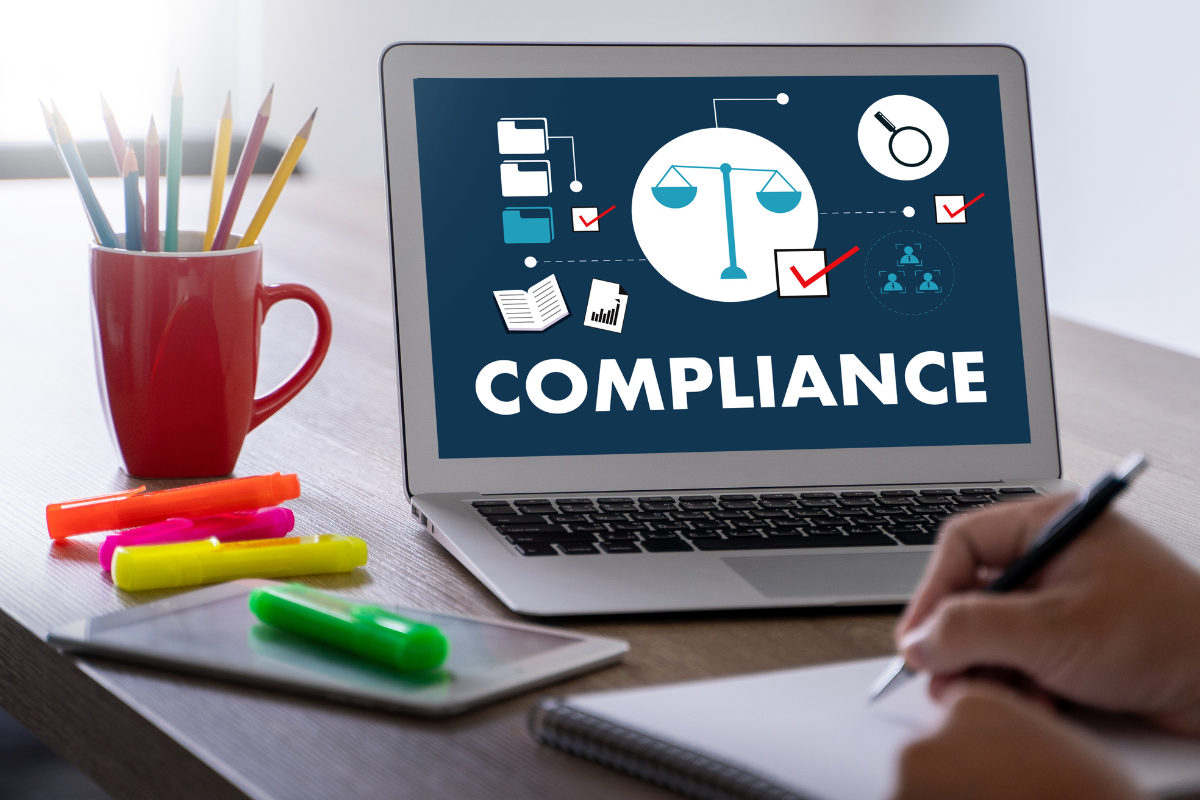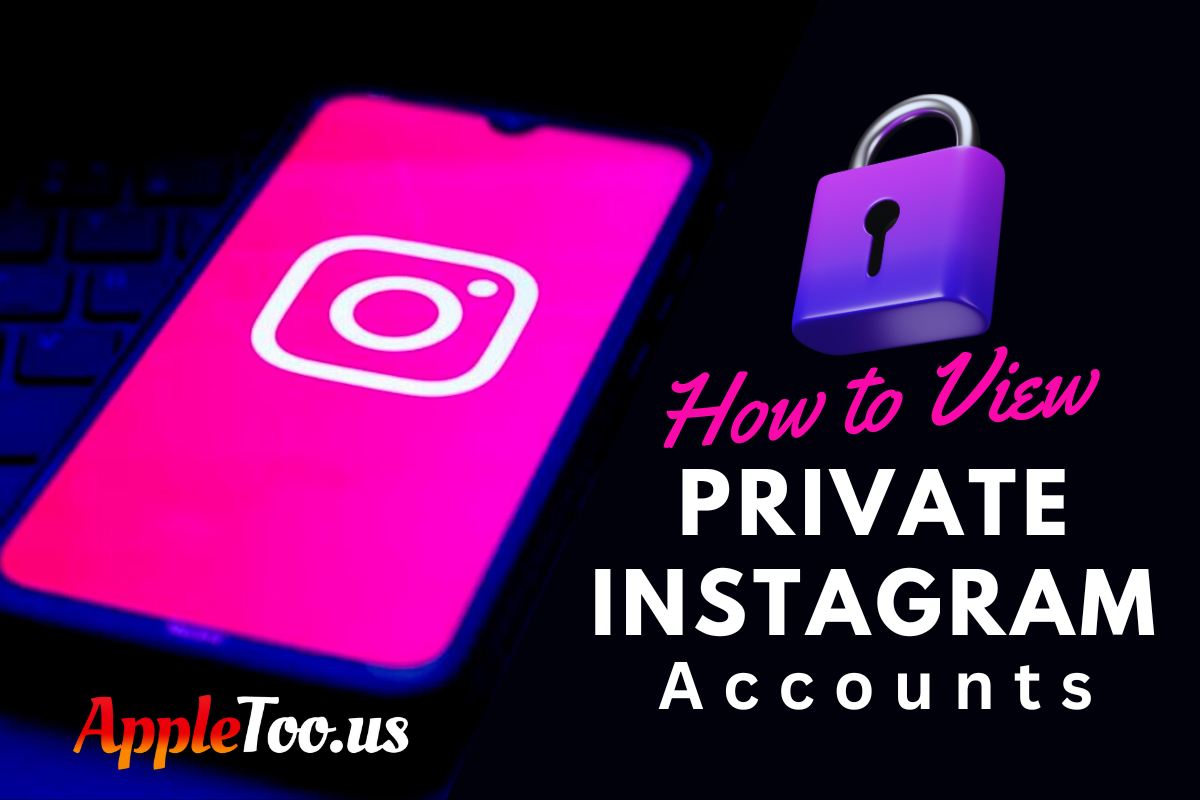When deciding on a Learning Management System (LMS), it’s crucial to take into account accessibility and ensure adherence to Section 508 standards.
By following these guidelines, you can open up opportunities for education, offering chances for all learners.
In this blog, we will discuss the importance of Section 508 compliance in your LMS selection. Explore the advantages it brings in terms of accessibility for everyone.
Table of Contents
Toggle1. Understanding Section 508 Compliance
Section 508 is an amendment to the Rehabilitation Act that was passed in 1998. Its main goal is to remove barriers in information technology so that individuals with disabilities can easily access resources, software, computer hardware, and other types of technology.
2. Establishing An Inclusive Learning Environment
Section 508 compliance ensures that students with disabilities have the same access as their peers.
By opting for an LMS platform that follows these accessibility standards, you can establish a learning environment where all individuals can engage fully.
3. Fulfilling Legal Obligations and Mitigating Legal Risks
By neglecting Section 508 compliance when choosing an LMS, educational institutions face repercussions if they do not meet accessibility standards. Failure to address these requirements could lead to risks and harm the reputation of your institution.

4. Supporting A Diverse Range Of Learners
A user learning management system (LMS) doesn’t just cater to individuals with disabilities; it also serves a broader spectrum of learners who may have visual or auditory challenges, learning differences such as dyslexia, or difficulties related to cognitive functions.
5. Improving The User Experience
508 compliant LMS design standards in mind enhance the user experience for all users, not those with disabilities.
Clear navigation menus, structured web pages, and color schemes that provide good contrast benefit everyone by making content easier to locate and comprehend.
6. Offering Various Accessibility Features
When selecting an LMS platform, it’s important to choose one that offers accessibility features.
These enhancements could include providing text for images to support screen readers, incorporating closed captioning for videos, offering text enlargement options, and enabling keyboard navigation functionalities.
7. Integrating Assistive Technology Effectively
By choosing an LMS that allows integration with assistive technology tools like screen readers, voice recognition software, or alternative input devices, you can ensure a smooth learning experience for all users. This adaptability promotes inclusivity. Guarantees access to education regardless of needs.
8. Promoting Social Inclusion
Educational institutions that prioritize Section 508 compliance in their selection of an LMS are actively contributing to societal inclusion by eliminating barriers to education.
By ensuring that educational materials are available to everyone regardless of disabilities or other limitations, institutions are paving the way for society.

9. Gaining A Competitive Edge
Moreover, opting for an LMS that meets Section 508 standards can give your institution an edge by attracting users and clients who value accessibility and inclusion.
Prioritizing these values showcases your dedication to offering educational opportunities.
10. Facilitating Learning For Remote And Distance Education
In today’s era, remote and distance learning are on the rise. By selecting an LMS that emphasizes Section 508 compliance, educational institutions can guarantee that students with disabilities can actively participate in courses.
This entails providing materials with interactive multimedia elements with captions and alternative text and ensuring navigation within the virtual learning environment.
By embracing accessibility in education, all learners can fully engage in the learning process irrespective of their location or circumstances.
11. Accessible Supplementary Materials And Resources
An LMS that adheres to Section 508 standards not only ensures accessibility within its platform but also extends its inclusive principles to supplementary materials and external resources.
It should support document formats (like PDFs or e-books). Offer guidelines for creating universally designed content.
Promoting accessibility across all learning materials within the LMS educational institutions enables every learner to access information and utilize a range of resources for participation.
In Summary
Selecting an LMS that complies with Section 508 accessibility guidelines is not just an obligation but a significant stride toward establishing inclusive learning environments.
By ensuring opportunities for all learners and catering to the needs of individuals with disabilities through features and integrations, you improve the overall educational experience within your institution.
Embracing accessibility not only positions your institution as a frontrunner but also aligns with ethical principles that advocate for fairness and inclusivity in society as a whole.










